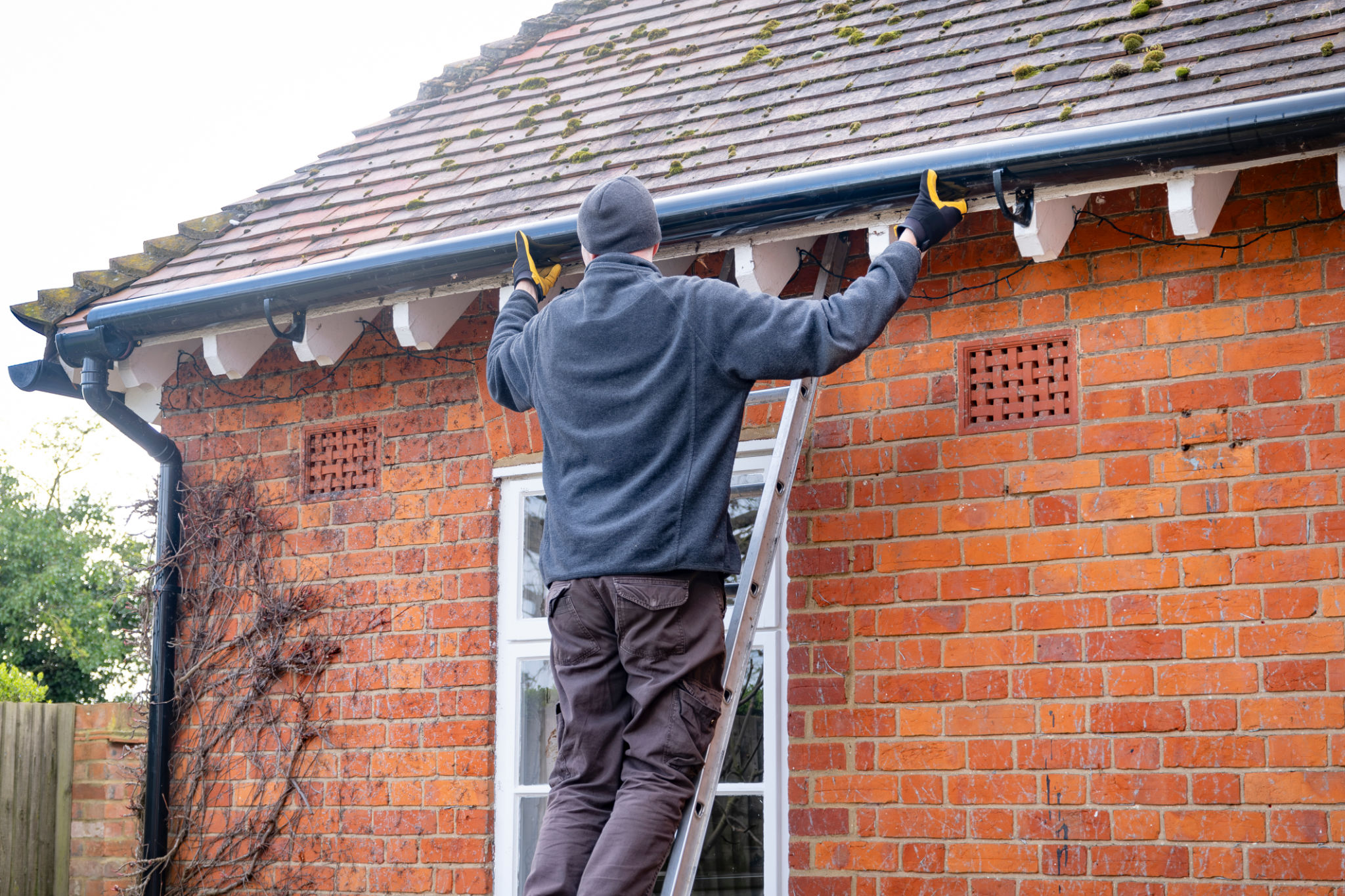Understanding Gutter Regulations in London: What You Need to Know
Introduction to Gutter Regulations in London
When it comes to maintaining your property in London, understanding the local gutter regulations is essential. Not only do these regulations ensure the safety and functionality of your property, but they also help maintain the aesthetic appeal of the neighborhood. Whether you are a homeowner or a landlord, staying informed about these guidelines is crucial for compliance and effective property management.
Gutter systems play a vital role in protecting buildings from water damage by directing rainwater away from the structure. However, improper installation or maintenance can lead to significant problems, including structural damage and increased repair costs. In London, specific regulations govern how gutters should be installed and maintained, ensuring public safety and environmental protection.

Regulations for Gutter Installation
When installing new gutters in London, there are several important regulations to consider. Compliance with these rules not only ensures the longevity of your gutter system but also prevents potential legal issues. Here are the key requirements:
- Material Standards: Gutters must be made from durable materials such as aluminum, UPVC, or zinc to withstand the local climate conditions.
- Proper Sizing: The size of the gutters should be appropriate for the roof area they will serve, ensuring efficient water drainage.
- Correct Slope: The gutters must be installed with a slight slope to facilitate water flow towards the downpipes.
Adhering to these installation standards helps prevent water accumulation and overflow, reducing the risk of property damage.
Maintenance Requirements
Regular maintenance is a critical aspect of gutter regulation compliance in London. Property owners are expected to keep their gutter systems in good working condition to prevent blockages and leaks. Here are some recommended maintenance practices:
- Regular Cleaning: Remove leaves, debris, and any other obstructions from the gutters to ensure uninterrupted water flow.
- Inspection: Conduct routine inspections to identify and repair any damages or misalignments promptly.
- Downpipe Maintenance: Ensure downpipes are clear and functional to facilitate proper drainage away from the building foundation.

Legal Implications of Non-Compliance
Failing to comply with London’s gutter regulations can result in various legal consequences. Property owners may face fines or legal action if their gutter systems cause damage to neighboring properties or pose a safety risk to the public. Additionally, insurance claims related to water damage may be denied if it is determined that non-compliance with regulations contributed to the issue.
To avoid these complications, it is advisable to work with qualified professionals when installing or maintaining your gutter systems. They can ensure that all work meets local standards and provide peace of mind for property owners.

Environmental Considerations
London's gutter regulations also emphasize environmental responsibility. Properly functioning gutters help reduce water wastage and prevent soil erosion around buildings. Additionally, many regulations encourage the use of sustainable materials and rainwater harvesting systems, contributing to a greener urban environment.
By aligning your gutter practices with these environmental considerations, you not only comply with regulations but also contribute to the city's sustainability efforts.
Conclusion
Understanding and adhering to gutter regulations in London is essential for every property owner. By ensuring compliance with installation standards, conducting regular maintenance, and considering legal and environmental factors, you can safeguard your property while contributing positively to your community. For those unfamiliar with these regulations, consulting with local experts can provide valuable guidance and support in maintaining an effective gutter system.